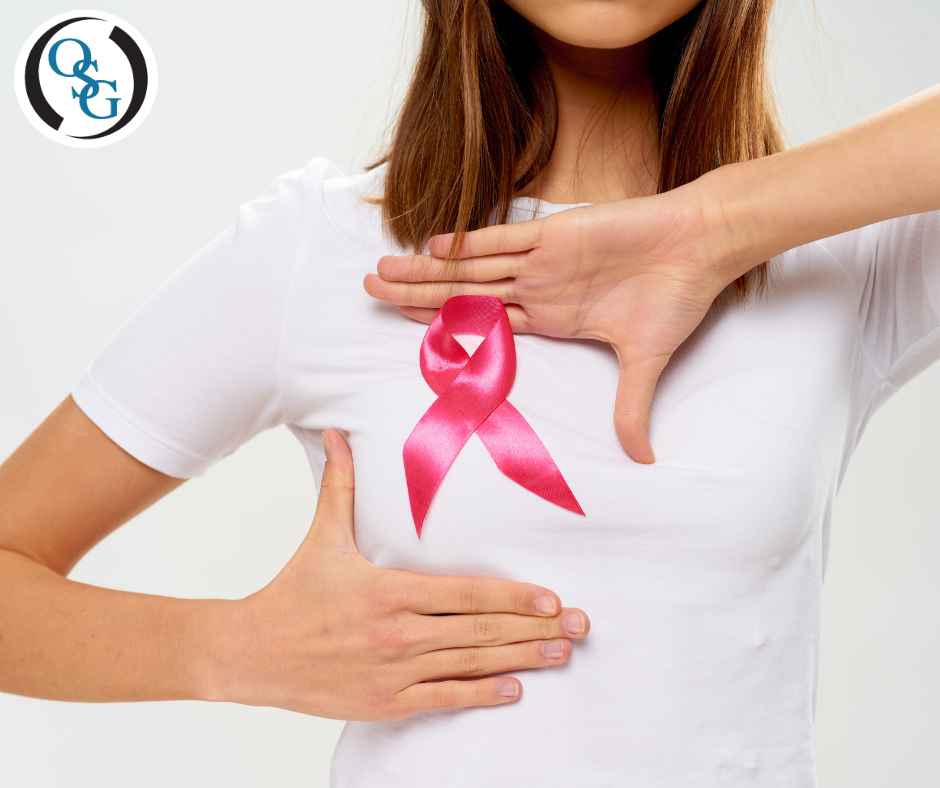
Breast Cancer: Risk Factors and Prevention
October is Breast Cancer Awareness Month, serving as a time to remind everyone of the importance of testing and preventive measures to protect yourself from this serious type of cancer.
According to the American Cancer Society, one in eight women in the United States will develop invasive breast cancer in her lifetime. Though breast cancer isn’t entirely preventable, understanding the risk factors and the habits you can change to help minimize your risks to protect yourself and others is essential.
Breast Cancer Risk Factors
Risk factors are anything that will increase your chances of developing a certain illness. When thinking about your personal risk, it’s important to realize that most breast cancer cases involve no obvious risk factor as the cause. Usually, there are multiple risk factors at play. The following factors may contribute to a women’s chances of getting breast cancer in their lifetime:
- Age – Most cancers are developed by women 50 years of age and older, and your risk increases as you age.
- Personal history – A woman who has had cancer in one of her breasts is more likely to develop cancer in the other breast.
- Family history – It is possible for breast cancer to run in the family.
- Genetic predisposition – Several gene mutations, including BRCA1 or BRCA2, are linked to an increased risk of breast cancer.
- Race and ethnicity – White women are considered the most at risk, but under the age of 45, black women are at the highest risk.
- Early menstruation and late menopause – Women who first menstruated before age 11 or experienced menopause after age 55 are slightly more likely to develop breast cancer.
- Lifestyle factors – Individuals who are overweight, don’t regularly exercise, and drink more than 1 to 2 alcohol servings per day on a regular basis, are more at risk.
- Breast density – You may be at an increased risk if you have more connective tissue than fatty tissue in your breasts.
Breast Cancer Prevention
Thankfully, there are lifestyle changes you can make to help lessen your risk of breast cancer. Some of these changes include:
- Maintain a healthy weight – Eat a healthy diet and be physically active to get to and stay at a weight that is considered healthy for your height and age.
- Exercise regularly – The American Cancer Society recommends adults get at least 150 to 300 minutes of moderate to intense exercise each week.
- Avoid or limit your alcohol intake – Even low levels of alcohol consumption have been linked to increased cancer risks, so avoiding or limiting your drinking to one serving a day is best.
- Perform regular breast exams and get periodic mammograms – As recommended by your doctor, give yourself regular self-breast exams and go for mammograms to check for signs of breast cancer since early detection is key to successful treatment.
For exceptional orthopaedic care, contact Orthopaedic Specialty Group!
It’s crucial to seek expert medical treatment if you struggle with problems or pain associated with your bones or joints. Give the professionals at Orthopaedic Specialty Group a call at (203) 337-2600, and let us know how we can help you! Don’t let that pain hold you back from living your life. Your health and safety are our top priority.
